Blog

Tech Disruption: An Interview with HNMCP Clinical Fellow Oladeji Tiamiyu
Technology-driven change is coming to our community so the more dialogue we have, the more likely we can avoid harmful outputs while still harnessing the benefits.

Tying it All Together: Creating Purpose-Built Infrastructures to Address Inter-bubble Conflicts
By Patrick Maxwell ‘21 To wrap up this blog series, let’s think back to the first entry of this series, and the concept of “conflict resolution infrastructure” that was introduced there. Conflict resolution infrastructure is the set of processes, decision rules, specialists, and sources of truth that govern how a conflict is managed—and as
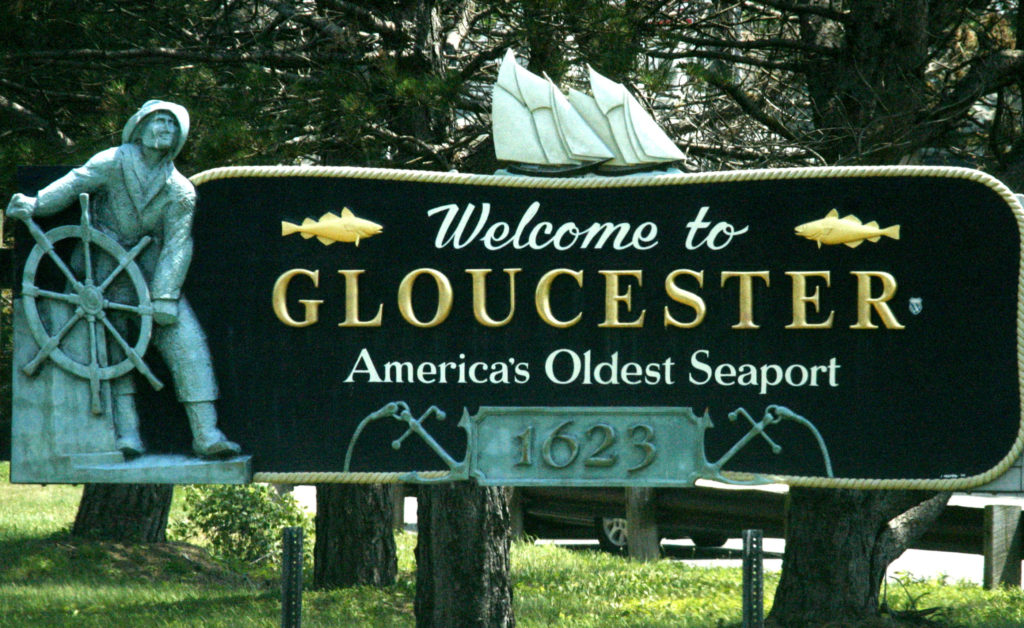
When Norms Collide, Part 5: Essential Partners’ approach to inter-bubble conflict
By Patrick Maxwell For this blog entry, I sat down with Nadiya Brock. Nadiya is an Associate at Essential Partners—a Cambridge-based organization that equips people to live and work better together in community by building trust and understanding across differences. The communities that Nadiya and Essential Partners work with often find themselves embroiled in inter-bubble conflicts. Nadiya and I

When Norms Collide, Part 4: Interpersonal and National Inter-Bubble Conflicts—Two Stories
By Patrick Maxwell ‘21 The next entries of this blog series will focus on examples of inter-bubble conflicts from real life—and how those conflicts came to some kind of successful resolution. In this post, we’ll examine two vignettes of inter-bubble conflict. The first example is an interpersonal conflict, returning to the world of QAnon and conspiracy theories that we first referenced
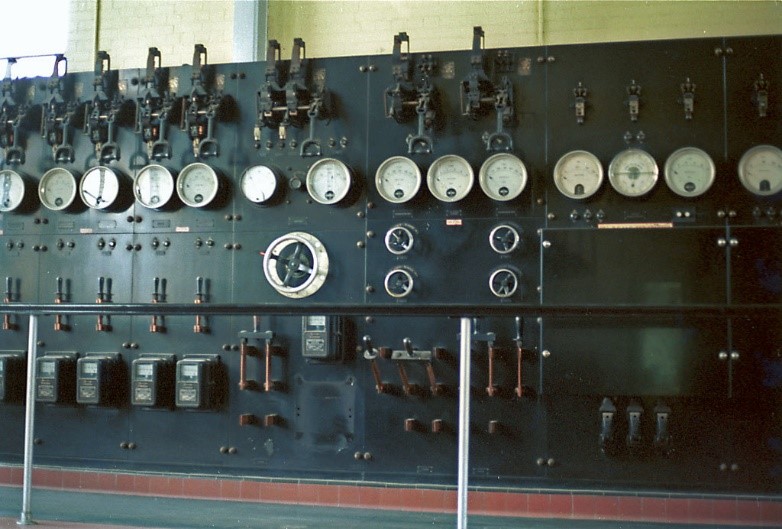
What Makes a Negotiation Win-Win? Exploring Perspectives, Mutability, and the Limits of Value Creation – Part 2
By Zekariah McNeal ‘21 The precursor to this post began a discussion for why negotiations are understood to be win-win or win-lose. Analyzing how the pre-agreement and post-agreement perspectives of a negotiator relate to this question, the previous post suggested that determining whether a negotiation is win-win is quite a complex endeavor. Although the
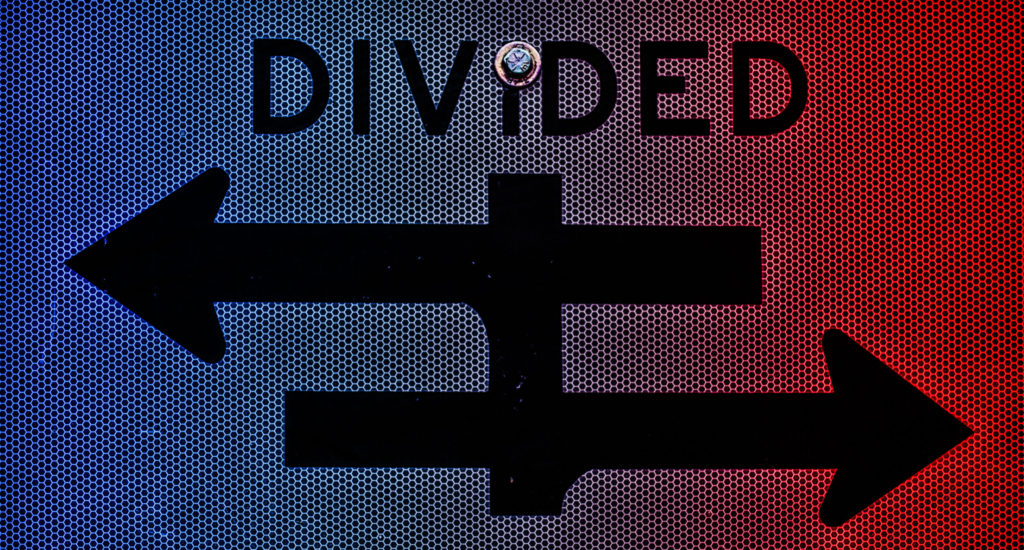
When Norms Collide, Part 3: How Inter-Bubble Conflicts Become Politicized and Polarized—And What This Means for ADR
By Patrick Maxwell ‘21 Many of the most salient examples of inter-bubble conflicts—in a US context, at least—take the form of “culture war” issues. The opening entry in this blog series referenced an interpersonal conflict stemming from the QAnon phenomenon, and hot-button issues like abortion or climate change certainly qualify as inter-bubble conflicts. The question then arises: are inter-bubble conflicts inherently “political”? And

When Norms Collide, Part 2 – Rights, Interests, and Power: Why Inter-Bubble Conflicts are so Hard to Resolve
by Patrick Maxwell ’21 This post is the second installment of a multi-part blog series by Patrick Maxwell, “When Norms Collide: The (Growing?) Challenge of Inter-bubble Conflicts.” The series will explore conflicts that cut across structures, groups, and worldviews—and what it may take to effectively navigate them. Read Part 1 here. In the previous entry in this series, we

What Makes a Negotiation Win-Win? Exploring Perspectives, Mutability, and the Limits of Value Creation – Part 1
by Zekariah McNeal ’21 Consider this slightly altered version of a well-known example from Getting to Yes.1 Two children are fighting over an orange, when their mother discovers them and demands that they stop. “Why do you want the orange?” she asks them both. “To make orange juice!” answers the first child. “To make a cake with the orange

When Norms Collide: Part 1—What is an “inter-bubble” conflict?
By Patrick Maxwell ‘21 This post is the first installment of a multi-part blog series by Patrick Maxwell, “When Norms Collide: The (Growing?) Challenge of Inter-bubble Conflicts.” The series will explore conflicts that cut across structures, groups, and worldviews—and what it may take to effectively navigate them. Sandra, Alex, and QAnon Although Sandra and Alex had been friends for years, their relationship
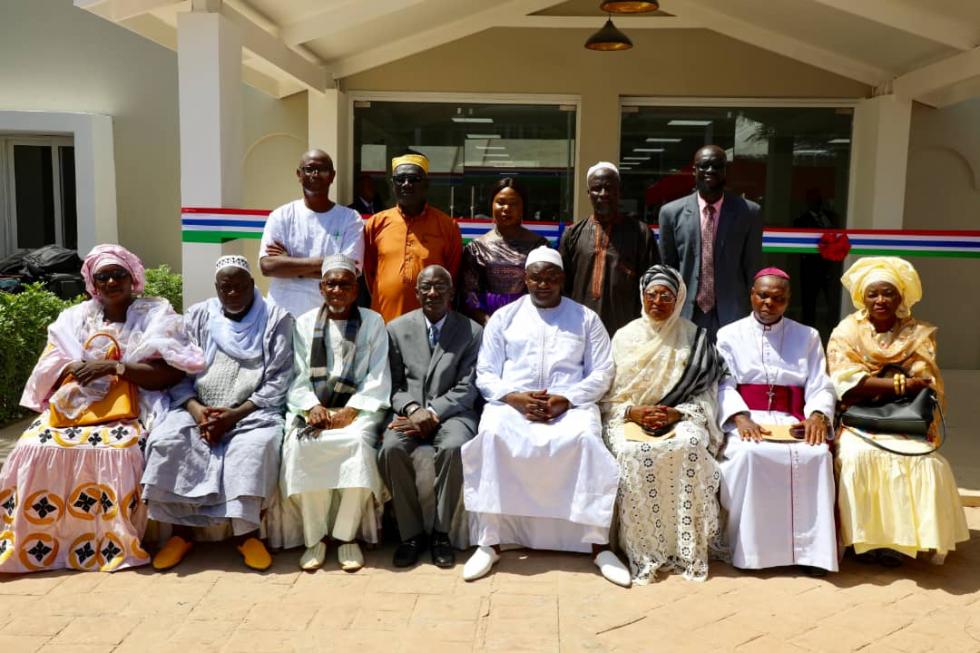
Truth Commissions as an Antidote to Unrest: Where Dialogue and Transparency Promote Reconciliation
by Oladeji Tiamiyu ’20 In recent months, America has experienced significant social upheaval, ranging from the nation-wide protests in the aftermath of the killing of George Floyd to the attempted insurrection of the Capitol that led to the deaths of 5 individuals. In July 2020, Boston, San Francisco, and Philadelphia established truth commissions in

Identity Commitments at the Negotiating Table
by Zekariah McNeal ’21 Identity often affects the substance of negotiations, not just the process. But this influence might be the most likely to remain unspoken. Consider an employee who enters her employer’s office to ask for a raise. That employee might prepare for such a negotiation by gathering objective criteria such as comparable salaries, market trends,
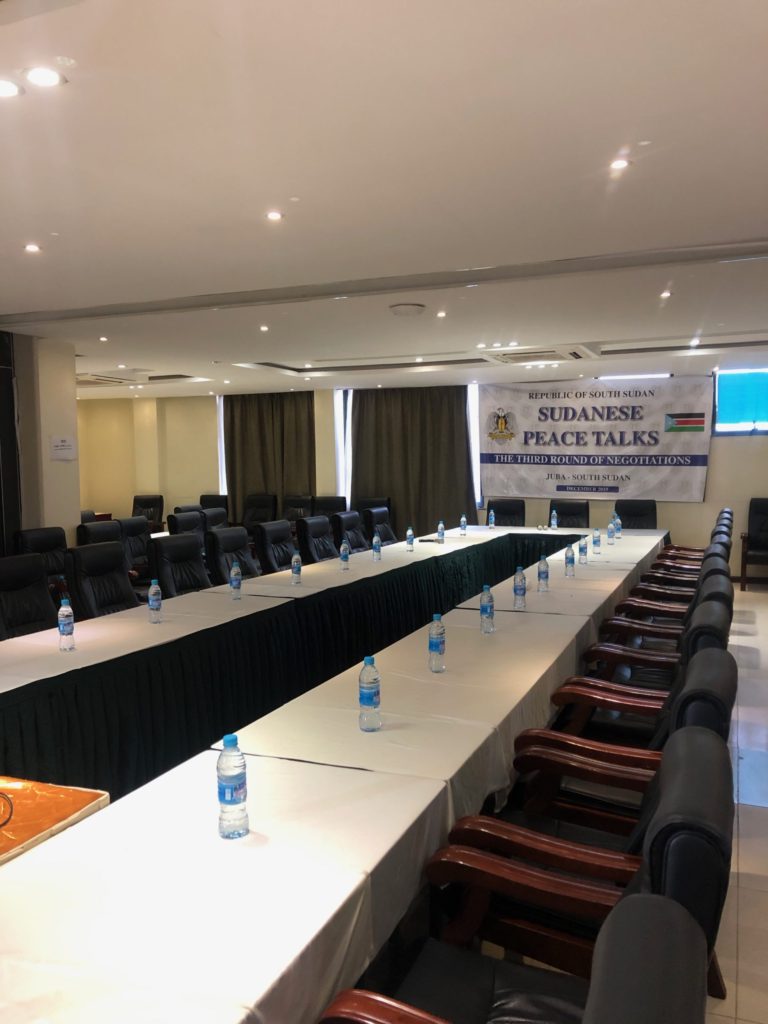
What Are We Learning About Convening Peace in a Pandemic?
The field of peace negotiations relies on extensive travel of the parties, mediators, and advisors. From 2018 to early 2020, a major component of my work portfolio was advising parties involved in Sudan’s civilian revolution and democratic transition, and advising delegations to the Sudanese Peace Process. So I spent a lot of time going back…
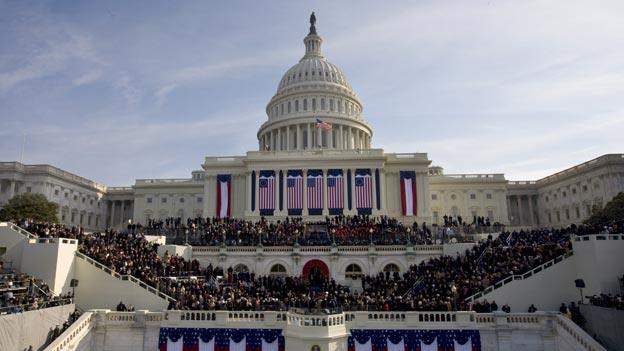
The Risk—and Relief—in Calls for Unity
President Biden ran on a campaign of unity, “restoring the soul of our nation.” These calls often resembled a pastor’s sermon more than policymaker’s plan, and suggested that division was not a symptom, but instead a harm in and of itself. . . . In President Biden’s view, it seems that division itself is what…
Remote but Robust: having difficult conversations virtually using best practices from crisis counseling
“That is a conversation that probably needs to happen in person.” We can all think of myriad personal and professional conversations that fall into this category: Giving critical feedback to someone you manage; having a conversation with a family member about political views; talking a friend through the loss of a job; announcing big changes in…
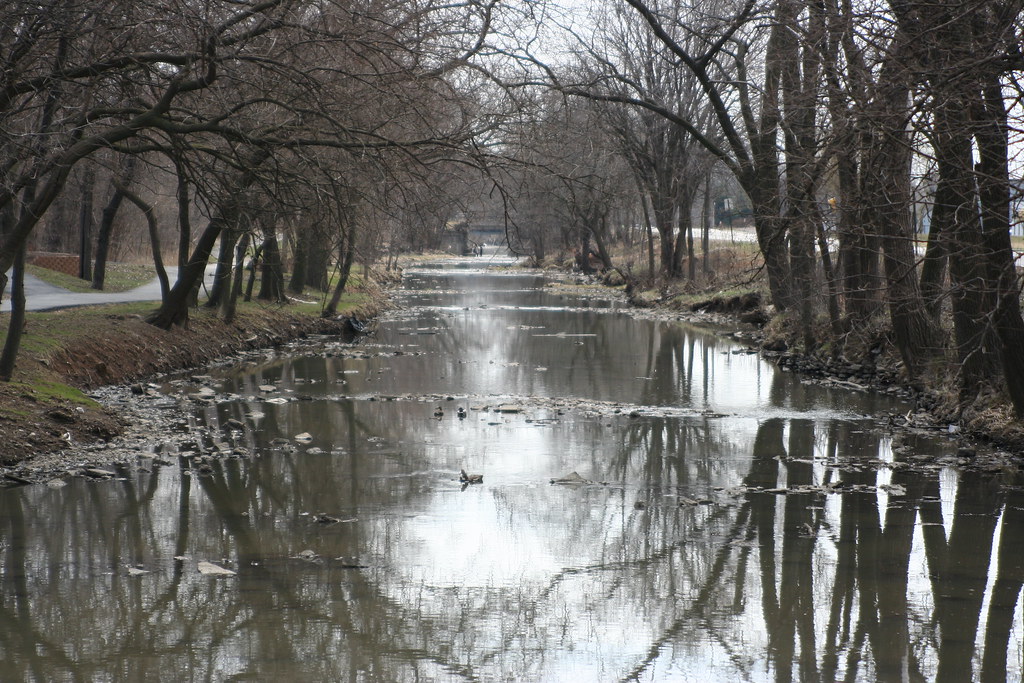
What we’ve learned from the election – no matter who wins
Election Day has come and gone. At this moment, we sit with anxious uncertainty about the outcome in the Presidential race, as key states continue to count the millions of legitimately cast votes that remain. The color-coded maps are ubiquitous but incomplete, the pundits spin out endless speculative scenarios. And we wait.
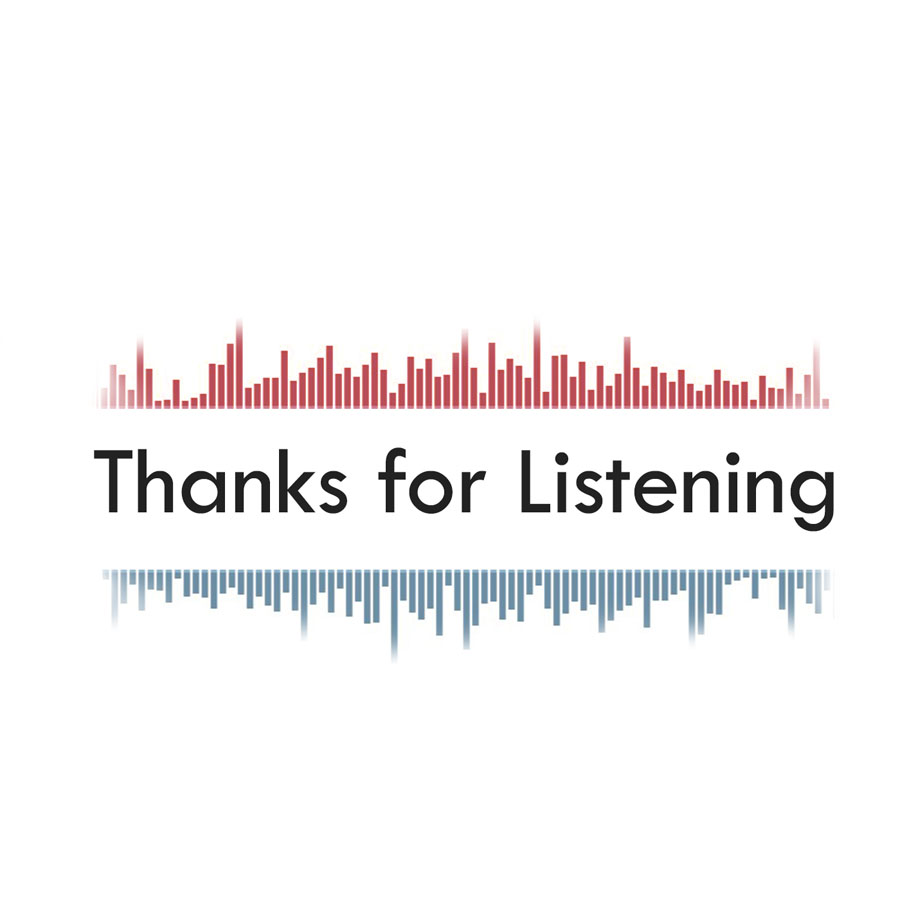
Reflecting on the Journey of “Thanks for Listening”
When we launched the “Thanks for Listening” podcast in the fall of 2018, our goal was to explore what seemed like deep and growing political polarization in the U.S., and to find out what was being done about it. We wanted to be able to tell a hopeful story about people and organizations who are working to “bridge the partisan divide…
